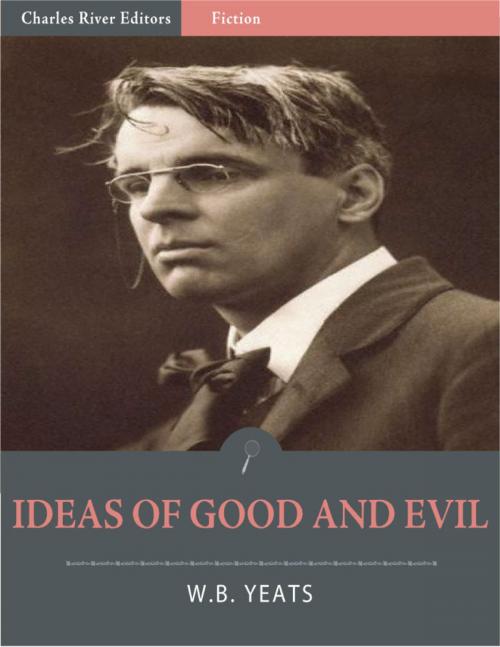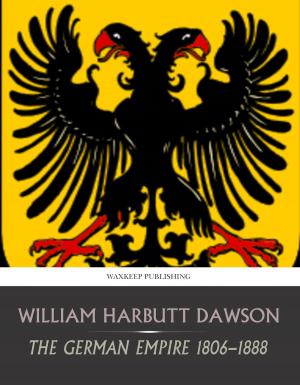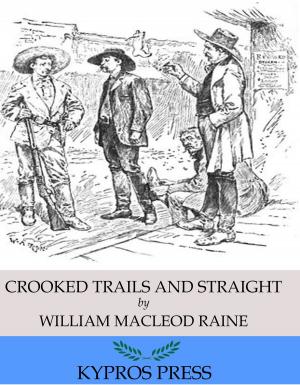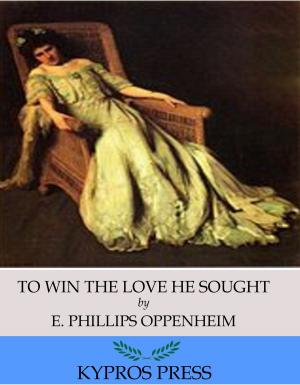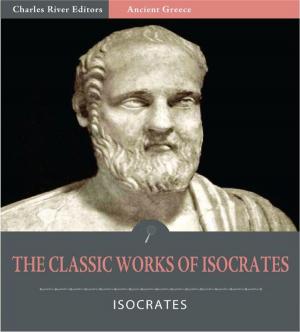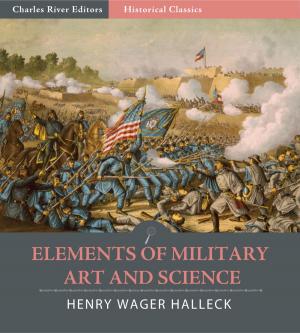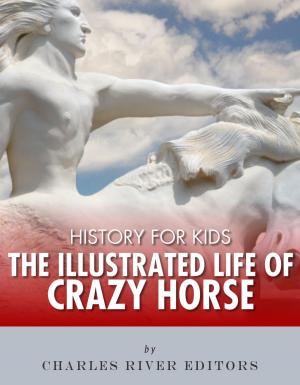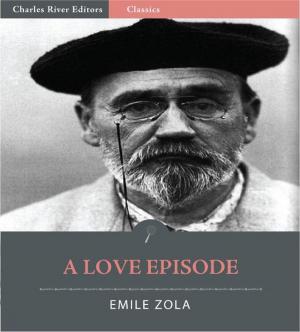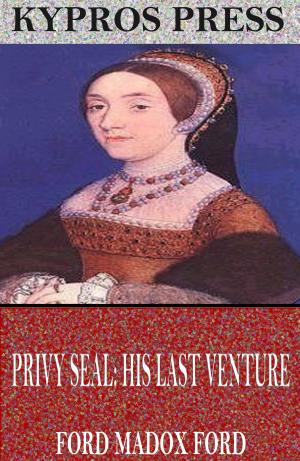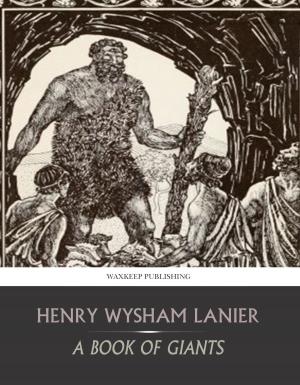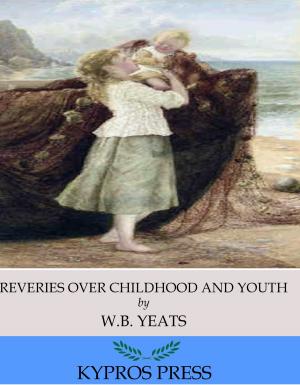| Author: | William Butler Yeats | ISBN: | 9781475310832 |
| Publisher: | Charles River Editors | Publication: | May 3, 2012 |
| Imprint: | Language: | English |
| Author: | William Butler Yeats |
| ISBN: | 9781475310832 |
| Publisher: | Charles River Editors |
| Publication: | May 3, 2012 |
| Imprint: | |
| Language: | English |
One of the most famous poets of the 20th century, William Butler Yeats (1865-1939) was so popular and renowned during his time that he was the leader of what came to be known as the Irish Literary Revival, on the strength of his short stories and vivid poetry. Eventually it would lead to his winning a Nobel Prize in 1923. It is no surprise that Ireland loved its home grown son; the Nobel Prize Committee credited him for inspired poetry, which in a highly artistic form gives expression to the spirit of a whole nation. Before Yeats won awards, his interest in spirituality and folklore drove him to write at length about Irish mythology and the occult before the turn of the 20th century. In many ways, it was Yeats who popularized the characters of Celtic mythology and medieval Irish folklore for contemporaneous audiences. This edition of Ideas of Good and Evil is specially formatted with a Table of Contents and Yeats, his life and work, and characters from Celtic mythology and Irish folklore.
One of the most famous poets of the 20th century, William Butler Yeats (1865-1939) was so popular and renowned during his time that he was the leader of what came to be known as the Irish Literary Revival, on the strength of his short stories and vivid poetry. Eventually it would lead to his winning a Nobel Prize in 1923. It is no surprise that Ireland loved its home grown son; the Nobel Prize Committee credited him for inspired poetry, which in a highly artistic form gives expression to the spirit of a whole nation. Before Yeats won awards, his interest in spirituality and folklore drove him to write at length about Irish mythology and the occult before the turn of the 20th century. In many ways, it was Yeats who popularized the characters of Celtic mythology and medieval Irish folklore for contemporaneous audiences. This edition of Ideas of Good and Evil is specially formatted with a Table of Contents and Yeats, his life and work, and characters from Celtic mythology and Irish folklore.
